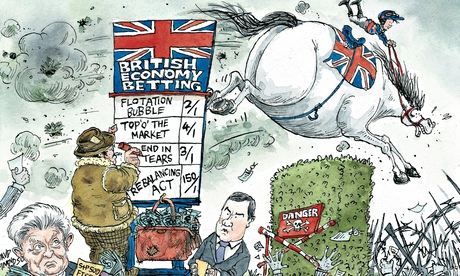
The Swiss National Bank (SNB) has set a minimum exchange rate of 1.20 francs to the euro, saying the current value of the franc is a threat to the economy.
http://www.bbc.com/news/business-14801324
“The Japanese example with yen intervention teaches us that intervention can work in the very short term but changing long-term global currency flows is near impossible – a lesson that the UK learned from George Soros,” Cooper said.
http://www.theguardian.com/business/2011/sep/06/switzerland-pegs-swiss-franc-euro
The long rumored Swiss Franc peg has arrived…
The Swiss National Bank is tired of the surging Franc, and is taking intervention to the next level.
Exploiting the franc peg
We already are seeing some market parallels with the early signs of the great financial crisis of 2007-08: Peaking global inflation rates, topping formations in G10/emerging market equities and tightening bank liquidity. As European banks rush to raise funds and borrow U.S. dollars, their borrowing cost on USD funding has risen to its highest since 2008. But one thing is different — the Swiss franc.
The Swiss currency is no longer rallying the way it did during market distress on Eurozone debt concerns. It all changed when the Swiss National Bank (SNB) announcement pegging its currency against the euro at the EUR/CHF rate of 1.20, aimed at preventing excessive franc acceleration against the debt-ridden euro. As credit rating agencies rushed to downgrade the sovereign debt of Southern Europe in late 2009, investors rushed their savings out of the single currency and into safe-haven francs. The exodus took the form of cash flight, property sales and bank transfers as “default” became a recurring theme in Greece, Spain, Portugal Greece, Ireland and Italy.
Consequently, the franc soared 35% and 40% against the euro and the USD respectively from 2009 to September 2011.
http://www.futuresmag.com/2012/01/01/exploiting-the-franc-peg
Related Posts
- 82At first glance, the eurozone economy seems like it might finally be on the mend. True, according to some estimates, the eurozone economy may now be growing at an annual rate of 1.6%, up from 0.9% in the year to the fourth quarter of 2014. With the eurozone economy 2% smaller than it…
- 77Europe’s largest banks are finally putting hundreds of billions of dollars of unwanted assets up for sale amid mounting competition among buyers and regulatory pressure. A wave of deals could be a boon to the region’s economy if the banks free up capital to increase lending. Banks led by London-based Barclays…
- 71Sterling markets are stirring on the risk of the U.K.’s 307-year-old union splintering, and that spells danger for the pound. Britain’s currency is likely to weaken when markets resume trading after the weekend, strategists said following a poll that showed the Scottish independence campaign gained a lead for the first…
- 70EUR/USD fresh highs after breaking through 1.3650 resistance and 50DMA at 1.3655
- 66Here they are: the most important charts in the world. A lot has changed since the last time we published this collection back in July. The economic situation in Europe has deteriorated, the unemployment rate in the US has fallen below 6%, and the Fed looks poised to conclude its…

